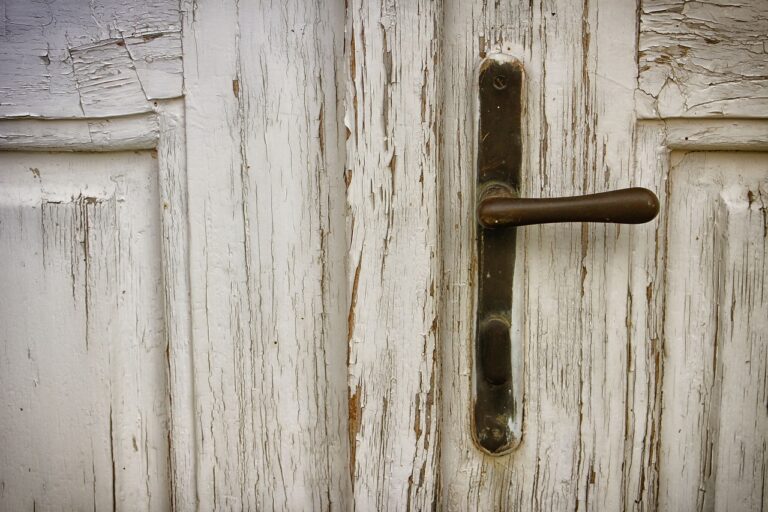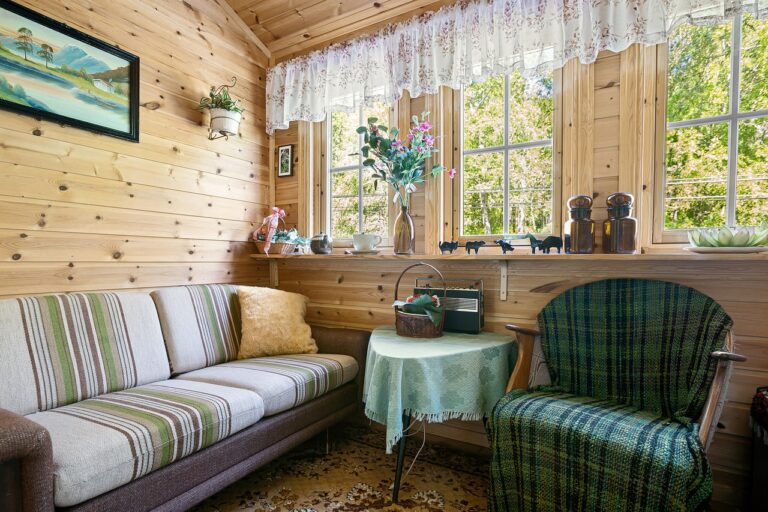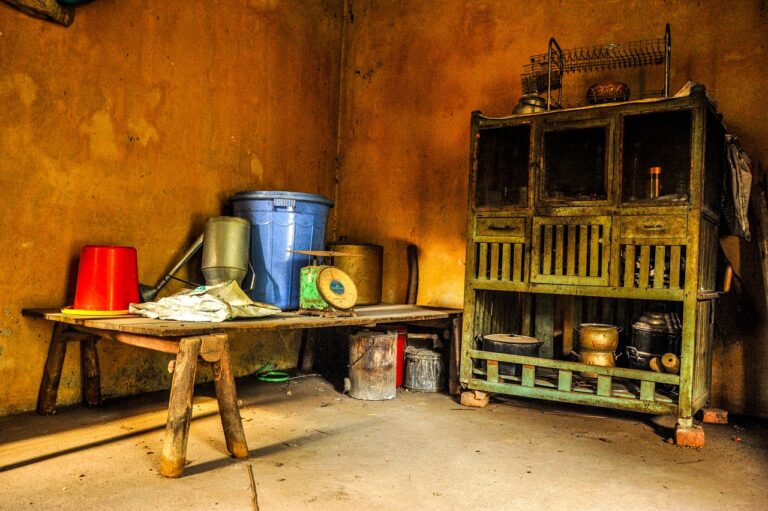Sustainable Flooring Options: Choosing Eco-Friendly Materials for Your Home
When it comes to choosing flooring materials for your home that are environmentally friendly, options like bamboo and cork stand out as popular choices. Bamboo is a sustainable alternative to traditional hardwood flooring, as it grows rapidly and is easy to replenish. It is also durable and offers a unique aesthetic appeal that can enhance the look of any room.
On the other hand, cork flooring is a natural and renewable option that is harvested from the bark of cork oak trees without causing harm to the trees themselves. Cork is not only biodegradable but also provides a soft and comfortable surface to walk on. Its natural insulation properties make it an energy-efficient choice for maintaining the temperature within a space.
Bamboo Flooring: A Sustainable Alternative
Bamboo flooring has gained popularity as a sustainable alternative to traditional hardwood floors. Bamboo is a fast-growing grass that reaches maturity in just five to six years, making it an eco-friendly choice for flooring material. Its rapid growth rate allows for more efficient harvesting compared to slow-growing hardwood trees, which can take decades to mature.
In addition to its sustainability, bamboo flooring offers durability and strength, making it a practical choice for high-traffic areas in homes and businesses. The natural hardness of bamboo makes it resistant to dents and scratches, providing a long-lasting flooring option that requires minimal maintenance. Its unique grain patterns and color variations also add a touch of elegance and modern appeal to any space.
• Bamboo is a fast-growing grass that reaches maturity in just five to six years
• More efficient harvesting compared to slow-growing hardwood trees
• Offers durability and strength, making it practical for high-traffic areas
• Resistant to dents and scratches, requiring minimal maintenance
• Unique grain patterns and color variations add elegance and modern appeal
Cork Flooring: Natural and Renewable
Cork flooring is a popular choice for eco-conscious homeowners due to its natural and renewable properties. Made from the bark of cork oak trees, this material is harvested without causing any harm to the tree itself. This sustainable harvesting process allows the trees to continue growing and producing more cork, making it a truly renewable resource.
In addition to being environmentally friendly, cork flooring offers a variety of benefits. It is naturally resistant to mold, mildew, and pests, making it a great option for those with allergies or respiratory issues. Cork is also known for its insulating properties, helping to maintain the temperature of a room and reduce energy costs. Its soft and cushioned surface provides a comfortable underfoot feel, making it a practical and comfortable flooring choice for any home.
What are the benefits of cork flooring?
Cork flooring is a natural and renewable material that is harvested from cork oak trees without harming the tree. It is also durable, comfortable to walk on, and provides excellent insulation.
Is cork flooring a sustainable option?
Yes, cork flooring is considered a sustainable option because it is made from cork oak trees, which can be harvested every 9-12 years without causing any harm to the tree.
How does cork flooring compare to other eco-friendly flooring materials?
Cork flooring is a popular choice for those looking for eco-friendly flooring options because it is natural, renewable, and biodegradable. It also has unique properties such as being resistant to mold, mildew, and insects.
Can cork flooring be used in bathrooms and kitchens?
Yes, cork flooring is water-resistant and can be used in bathrooms and kitchens. However, it is important to properly seal the cork to prevent water damage.
How long does cork flooring last?
With proper care and maintenance, cork flooring can last for 25-30 years or more. Sanding and refinishing the surface can also help extend its lifespan.







